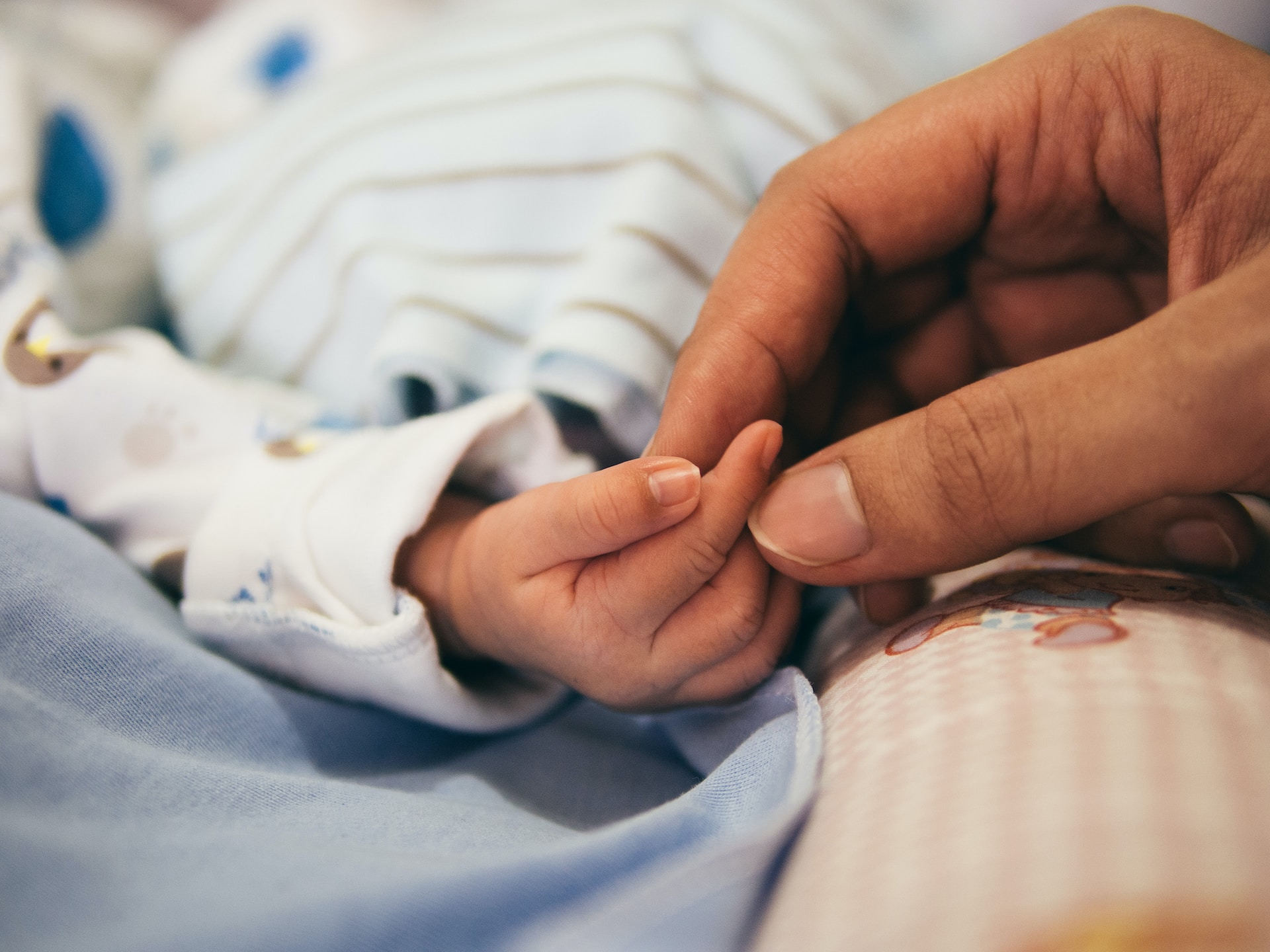Surrogacy has recently returned to the spotlight in Spain after the news of the recent maternity of the famous actress and TV host Ana Obregón.
Obregón (68) has shown in social media her reactions to the birth of what she considers to be her new daughter through surrogacy in Miami, a practice that is not legal in Spain.
A controversial practice
Surrogacy or surrogate motherhood is a practice that makes millions of euros in the world, despite being very controversial from an ethical point of view.
It is illegal in many European countries, although others like Ukraine allow it.
The Bioethics Working Group of the Spanish Evangelical Alliance (AEE) released a document in which it analysed in depth the ethical and moral aspects of surrogacy.
The evangelical organisation warns that “many aspects of surrogacy are of concern from an ethical and moral point of view and threaten human rights, and more specifically those of women and children”.
It addresses legal, social, ethical, moral and theological aspects, by professionals from different fields who share the evangelical faith and want to give a Christian perspective on an issue that is increasingly present in the public debate.
As the document explains, although surrogacy is illegal in Spain, the lack of specific legal regulation – babies born this way in other countries can be registered in the Civil Registry – leads many people to continue hiring foreign agencies to access surrogacy services.
The AEE claims that “this practice should not be authorised or legalised”; it calls for it to be considered as “medical, physical and psychological violence against women”; and demands that “any activity related to intermediation that facilitates access to these practices in third countries be prohibited in Spain”.
It also asks that “the registration of children conceived through surrogacy outside Spain should not be allowed”.
At the same time, it calls for “national adoption to be prioritised over the legitimate desire to have children, as well as “an alternative to the abandonment of the child and the vast number of abortions that are registered in the country”.
“Commodification of the human body”
The evangelical entity denounces a “commodification of the human body”, of both the woman and the baby, and a threat to “women’s freedom, since in most cases they are forced to sell their bodies in order to survive economically”.
“There are situations of poverty and great vulnerability that the free market exploits, therefore the state must protect fundamental rights and guarantee the protection of the weakest”, it adds.
On the other hand, surrogacy “facilitates the exploitation of women because the procedure itself brings about situations of vulnerability for the woman and the baby that lead to human trafficking and reproductive slavery”.
Furthermore, “it violates the right of identity of the children”, who “will not be able to know who their genetic mother or father is, nor will they be able to know who their surrogate mother is”.
According to the AEE, “some people may argue that surrogacy is similar to organ donation, but this argument is not true. Donation is an attempt to reconstruct the natural order of things, whereas with surrogacy this natural order is intrinsically altered”.
Exploitation of the rich to the needy
The Alliance wonders whether surrogacy is a business or a reproductive right, and states that instead of a ‘right’, “we should speak of a ‘desire’ to have children, or rather of a privilege that only a few with purchasing power can enjoy, at the expense of the vulnerability of the surrogate mothers”.
“This procedure reveals a great contradiction, because on the one hand, a woman or man is considered to be fulfilled when they can achieve the desire to be a mother or father, but for this to be true, there must be another woman who alienates herself by immediately giving up the newborn child”, laments the AEE.
“In the fulfilment of that desire, there are people who turn that desire into their business. The agencies that work as intermediaries do so for benefit and are the ones who make the most profit, as this is a very lucrative market”.
According to the evangelical body, the social arguments in favour of surrogacy “understand motherhood as a right”; talk about the “dream” of being parents and advocate for the freedom “to do what they want with their bodies”.
Meanwhile, those against it denounce “surrogacy as an exploitation of women’s bodies, reducing them to mere vessels”, and speak of the lack of the right of the baby born through this practice to “know its filiation”.
You can read the full document here (in Spanish).
Biblical foundation

The AEE points out that there are biblical precedents for surrogacy, such as Sarah and Hagar (Genesis 16:4-5) or Jacob, Rachel and Leah (Genesis 29:31-30:3), and that “it is not right according to God nor it is His will”.
Furthermore, “there are prescriptive texts of God’s will and descriptive texts of the reality of the fallen human being. Polygamy, slavery and surrogacy are not God’s will” .
“There is another alternative in the Bible that responds to the desire for motherhood and fatherhood, and at the same time to the need for a family for children who do not have one, and that is adoption, as in the case of Moses”, stresses the AEE.
They underline that “adoption reminds us that we have been adopted by God, who becomes our Father. Through this adoption we already enjoy on earth the caring love of our Father and look forward to the inheritance prepared for us in heaven”.
“Adoption becomes a precious metaphor for all those who have accepted the offer of being made children of God”, states the document.
Originally published on The Evangelical Focus
(c) Evangelical Focus, used with permission




